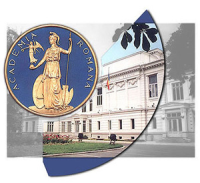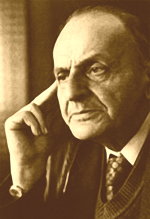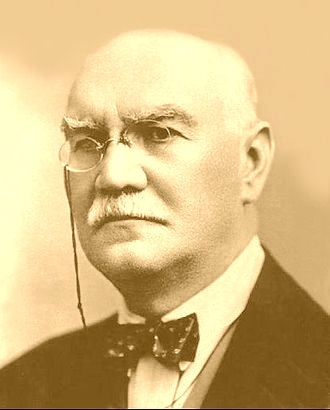Main Menu
DEPARTAMENTE
REVISTE
PUBLICAŢII PERIODICE
LEGĂTURI
CONFERINȚE
 Simpozionul Național Constantin Noica, Ediția a XVI-a „Povestiri despre om…” (26-29 septembrie 2024)
Simpozionul Național Constantin Noica, Ediția a XVI-a „Povestiri despre om…” (26-29 septembrie 2024)SIMPOZIONUL NAŢIONAL
SIMPOZIONUL NAŢIONAL
Welcome
I.F.P.A.R. RESEARCH SEMINARS (24 April 2025)
victorg, Sunday 20 April 2025 - 00:00:00 //
Thursday, 24 April 2025, 14:00–16:00
Speaker: Acad. MIRCEA DUMITRU (University of Bucharest / Romanian Academy)
Title: ”Does a Tarskian Theory of Truth Offer a Theory of Meaning? A Sellarsian-Type Evaluation and Critique of Donald Davidson’s Truth-Conditional Semantics”
Speaker: Acad. MIRCEA DUMITRU (University of Bucharest / Romanian Academy)
Title: ”Does a Tarskian Theory of Truth Offer a Theory of Meaning? A Sellarsian-Type Evaluation and Critique of Donald Davidson’s Truth-Conditional Semantics”
- online -
Linkul pentru accesul online: https://meet.google.com/idm-boup-spy
Abstract:
The paper examines and assesses how Davidson could be fixed through Sellars. I begin by presenting Donald Davidson’s truth-conditional semantics for a natural language, viz. the program according to which the meaning of a language is to be given by a Tarskian truth-theory for that language. Against this background, I build a scenario in which a competent logician can give a truth-theory for sentences of a language that he/she cannot speak/read/understand without thereby giving/knowing the meaning of the sentences that he/she cannot comprehend. The logician knows that the sentences in the unknown (for him/her) language are true but, nevertheless, he/she does not know what they mean. In order to fix this drawback of the Davidsonian truth-conditional based theory of meaning, I present the main elements of Sellars’ subtle views on meaning and truth, pointing at how the latter can circumvent the problems with the extensional Tarskian truth-conditional approach put forward by Davidson.
The paper examines and assesses how Davidson could be fixed through Sellars. I begin by presenting Donald Davidson’s truth-conditional semantics for a natural language, viz. the program according to which the meaning of a language is to be given by a Tarskian truth-theory for that language. Against this background, I build a scenario in which a competent logician can give a truth-theory for sentences of a language that he/she cannot speak/read/understand without thereby giving/knowing the meaning of the sentences that he/she cannot comprehend. The logician knows that the sentences in the unknown (for him/her) language are true but, nevertheless, he/she does not know what they mean. In order to fix this drawback of the Davidsonian truth-conditional based theory of meaning, I present the main elements of Sellars’ subtle views on meaning and truth, pointing at how the latter can circumvent the problems with the extensional Tarskian truth-conditional approach put forward by Davidson.


 P S I H O L O G I E
P S I H O L O G I E



